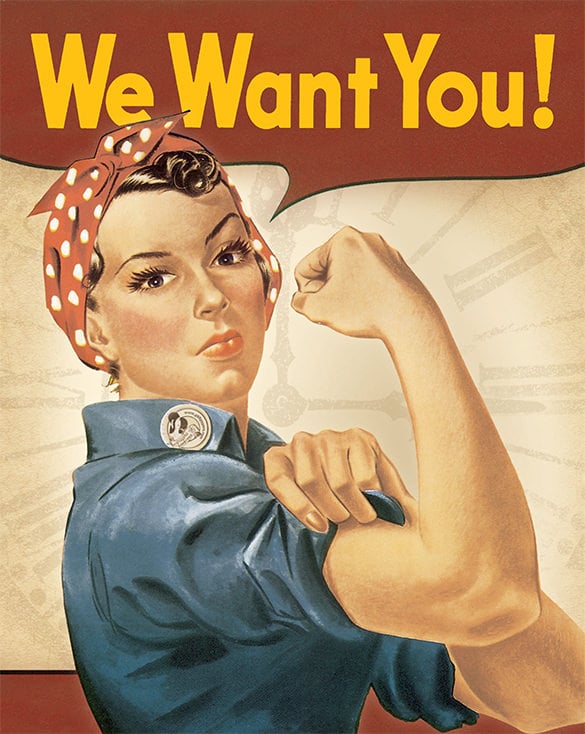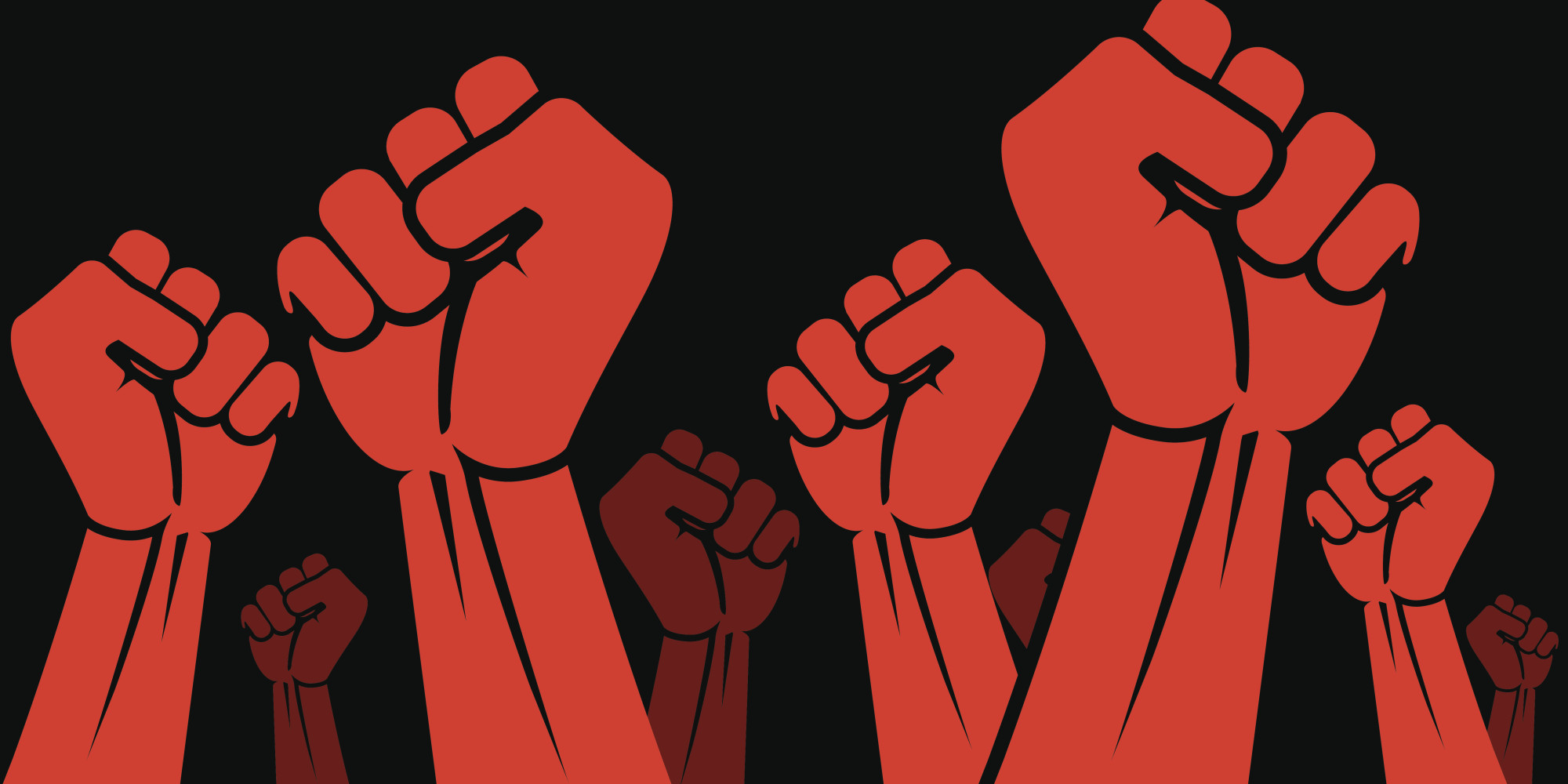
Every Ship Needs A Captain
Born 1898 in Connecticut, Crane Brinton would go on to write “The Anatomy Of Revolution”, a theory the rest of the world would use as criteria to classify a revolution from a revolt. He believed there were four stages to a revolution; and for an event to be classified as a full-blown revolution, they had to follow the terms among the four stages. This criteria is still used to this day, however, revolutions have changed in the past 100 years or so.


After learning about this theory, me and my classmates were to come up with a inquiry question surrounding one specific topic we briefly touched on during the lesson. This way we would grasp a further understanding of some of the detailed parts of a revolution. I settled on the question; “How do revolutionary councils decide their leader/strongman when revolting against government?” I chose this question as I was intrigued as to how a large group of passionate people can simply choose one person to be the face of their movement. I figured it would be difficult to decide just one person.

After running it through with the teacher, I had a stronger idea of what my answer would include. It was suggested that I include the political backgrounds of council leaders, because that may play a large role in the decision councils faced. While brainstorming I thought of how modern day political parties and political supporters choose one person as the head of their ‘brand’.

Part of the reason why councils choose a strongman is because one face is easier to associate something with, rather than a whole bunch of faces per se. A campaign can easily be recognized by one person, it makes advertising and branding much easier and more effective. Another aspect to look at is how a group of people without a leader wouldn’t really function well. If everybody had an equal say in how everything was run, there would be countless disagreements, and the council wouldn’t come off as well put together. Nobody would really care about or fear them if they were just a bunch of crazy rebels mad at the government.

Now we’ve discussed the reasoning behind having a strongman, we can move on to how they are chosen. In most cases, the strongman of a council is one of the ‘founders’ or one of the people who sort of began the revolt. This is pretty straight forward, they have the power because whenever someone joins the council, they look up to the person who recruited them. Just common human logic to be honest. However, this method isn’t always the case. Another way the strongman can be decided, is by background and/knowledge. For instance, if some random dude wanted to start a revolt against the government, it would take him a while to build up enough other randoms to build a well known council. But if a face familiar to the public was to join the council after it was created, it is most likely that they would become the strongman. Seeing as they possibly have a background in politics, and they already have a following, they are much more likely to attract new members.

We see this even in modern day politics, such as when celebrities choose to follow a certain political party. It’s the same concept. An example would be when Kanye West publicly announced he was a Trump supporter amid his peak in fame. All of his millions of fans all across the globe were suddenly like “Woah, maybe Trump isn’t that bad” just because someone they look up to and associate pop culture with thought that way.

Even though it seems like revolutions are such a thing of the past, they really aren’t. We see many examples of Brinton theory in revolts around the world today. Anyways, in conclusion, the leader of a revolting council is often decided by how the power/order was distributed from the beginning of the council. They are also decided by a combination of knowledge and following to put it basically. This will always be a controversial topic, as the topic of power always is, but as long as revolutions are still a thing, Crane Brinton’s theory will be too.